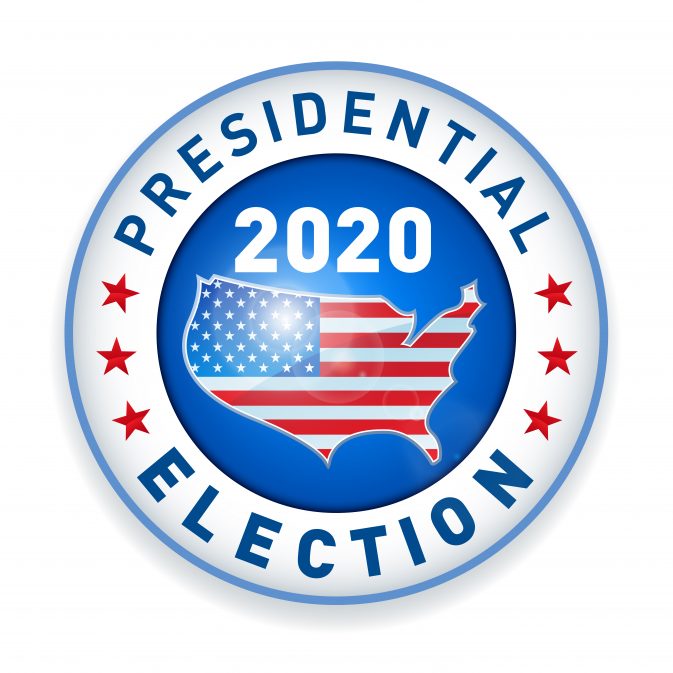Besides the government takeover of healthcare and energy production, the candidates offered an assortment of other costly and fundamentally-flawed ideas. Businessman Andrew Yang pushed for all Americans to receive a no-strings-attached allowance from the government. And Senator Elizabeth Warren wants to forgive trillions of dollars in student loan debt and offer free college to future students. The list goes on and on.
It’s difficult to sit on the couch and watch these candidates tout far-fetched initiatives that will bankrupt the country and its taxpayers. But I guess that’s what’s expected when these presidential hopefuls and their policies are stuck in crazy town.






